In early March 2020, Nigeria’s Supreme Court dismissed an application to review its seven-week-old decision that judicially installed Hope Uzodinma as the Governor of Imo State, citing the need to preserve the authority and finality of its rulings as the apex court.
The court issued what appeared to be a principled defence of the finality of its judgments, declaring somewhat ostentatiously that once it had issued a decision, “it shall remain forever.”
According to a report by People’s Gazette, Olukayode Ariwoola, who delivered the majority judicial judgment in the review, was also part of the original panel that ruled in January 2020 to declare Hope Uzodinma the winner of the Imo State governorship election, despite Uzodinma placing fourth in the vote tally. This was not Ariwoola’s first involvement in such a controversial decision.
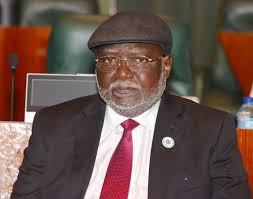
Before the 2007 general elections, the Peoples Democratic Party (PDP) selected lawyer Joy Emordi as its candidate for the Anambra North Senate seat, defeating Ubanese Alphonsus Igbeke, who had previously been installed by court order as the representative for Anambra East/Anambra West in the House of Representatives after the 2003 elections.
After losing the PDP ticket, Igbeke switched allegiance to the All Nigeria Peoples Party (ANPP). On election day, April 28, 2007, the Independent National Electoral Commission (INEC) declared Joy Emordi the winner, but Igbeke and four other candidates filed petitions challenging the result before the Election Petition Tribunal in Awka, Anambra State.
READ MORE: Senator Ireti Kingibe Launches 62Forward Mandate Portal to Enhance Responsive Governance in FCT
On June 14, 2008, the tribunal dismissed the petitions and upheld the return of Senator Emordi. Eight months later, on February 10, 2009, a Court of Appeal panel comprising Victor Omage, Ladan Tsamiya, and Olukayode Ariwoola as Justices of Appeal dismissed the appeal by one of the candidates, Jessie Balonwu, against the decision of the first instance tribunal, holding in particular that there were elections in the seven Local Government Areas (LGAs) of the constituency.
Goodluck Jonathan appointed Olukayode Ariwoola as a Justice of the Supreme Court. After over a decade on the court, in June 2022, Ariwoola emerged as chief justice after leading an unprecedented mutiny against his predecessor in which 14 justices accused then-Chief Justice Tanko Muhammad of ignoring their wellbeing. He was officially born on August 22, 1954.
The tenure of Olukayode Ariwoola as chief justice of Nigeria began “amid ‘all-time low’ judicial trust.” It was not too much to hope that shoring up public trust in the judicial branch should have been a priority in these circumstances. Instead, he seemed to be on a mission to make up for lost opportunities in the material benefits of office. The result was a tenure that denuded public trust in the judiciary rather than rehabilitated it.
Follow the Parallel Facts channel on WhatsApp: https://whatsapp.com/channel/0029VaCQSAoHgZWiDjR3Kn2E



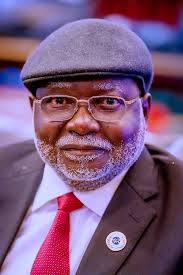

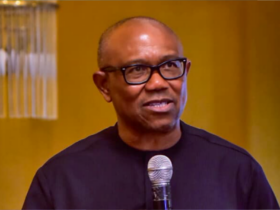
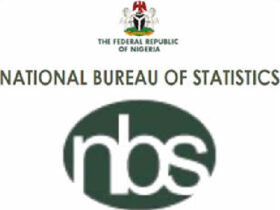
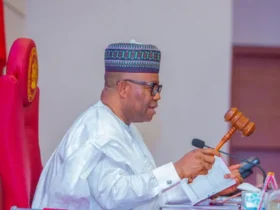
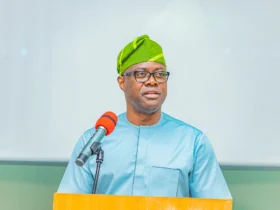
Leave a Reply